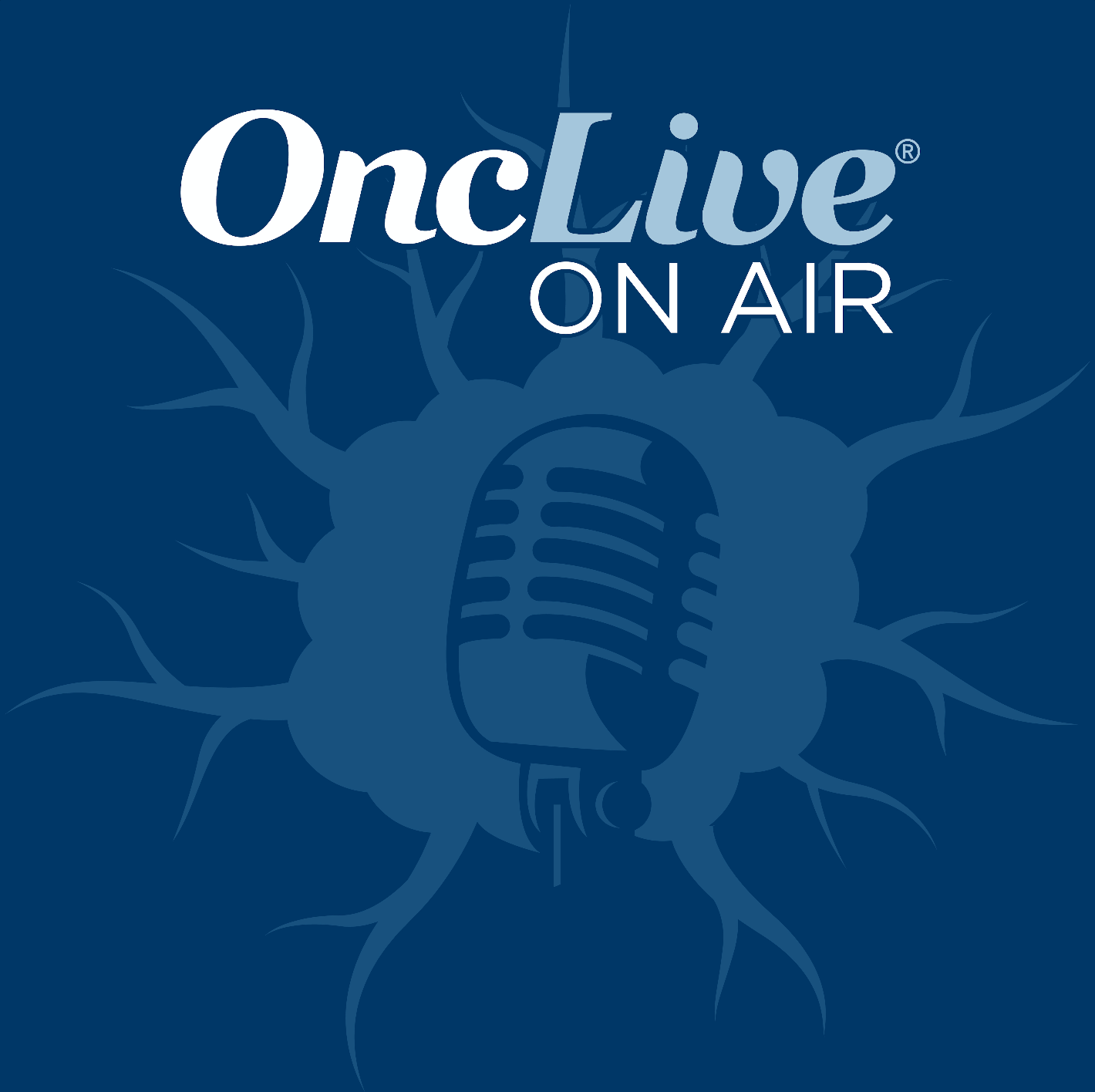Video
Dr. Ellis Considers the Use of Biosimilars in Oncology
Author(s):
Matthew J. Ellis, MD, PhD, professor and director, Lester and Sue Smith Breast Center, associate director of Precision Medicine, Dan L. Duncan Comprehensive Cancer Center, Baylor College of Medicine, discusses considerations for the use of biosimilars in oncology.
Matthew J. Ellis, MD, PhD, professor and director, Lester and Sue Smith Breast Center, associate director of Precision Medicine, Dan L. Duncan Comprehensive Cancer Center, Baylor College of Medicine, discusses considerations for the use of biosimilars in oncology.
As long as biosimilars are carefully monitored and are priced at a level that enables companies to maintain production, Ellis believes that biosimilars are a valuable addition to the field of oncology.
Manufacturing is a big component in considering whether biosimilars should be adopted into the field, says Ellis, as there have been problems with the drug supply pipeline over the past couple years. Sometimes, a drug does not have a substantial profit margin, so production is relegated to 1 manufacturer, explains Ellis. If there is a problem with manufacturing and the drug suddenly becomes unavailable, that can cause a lot of problems—especially if it is a critical drug.
Therefore, there are many things that need to be carefully considered in the regulatory market, beyond efficacy, if biosimilars are to be considered in oncology.





%201%20(1)-Recovered%20copy.jpg?fit=crop&auto=format)


%201%20(1)-Recovered%20copy.jpg?fit=crop&auto=format)